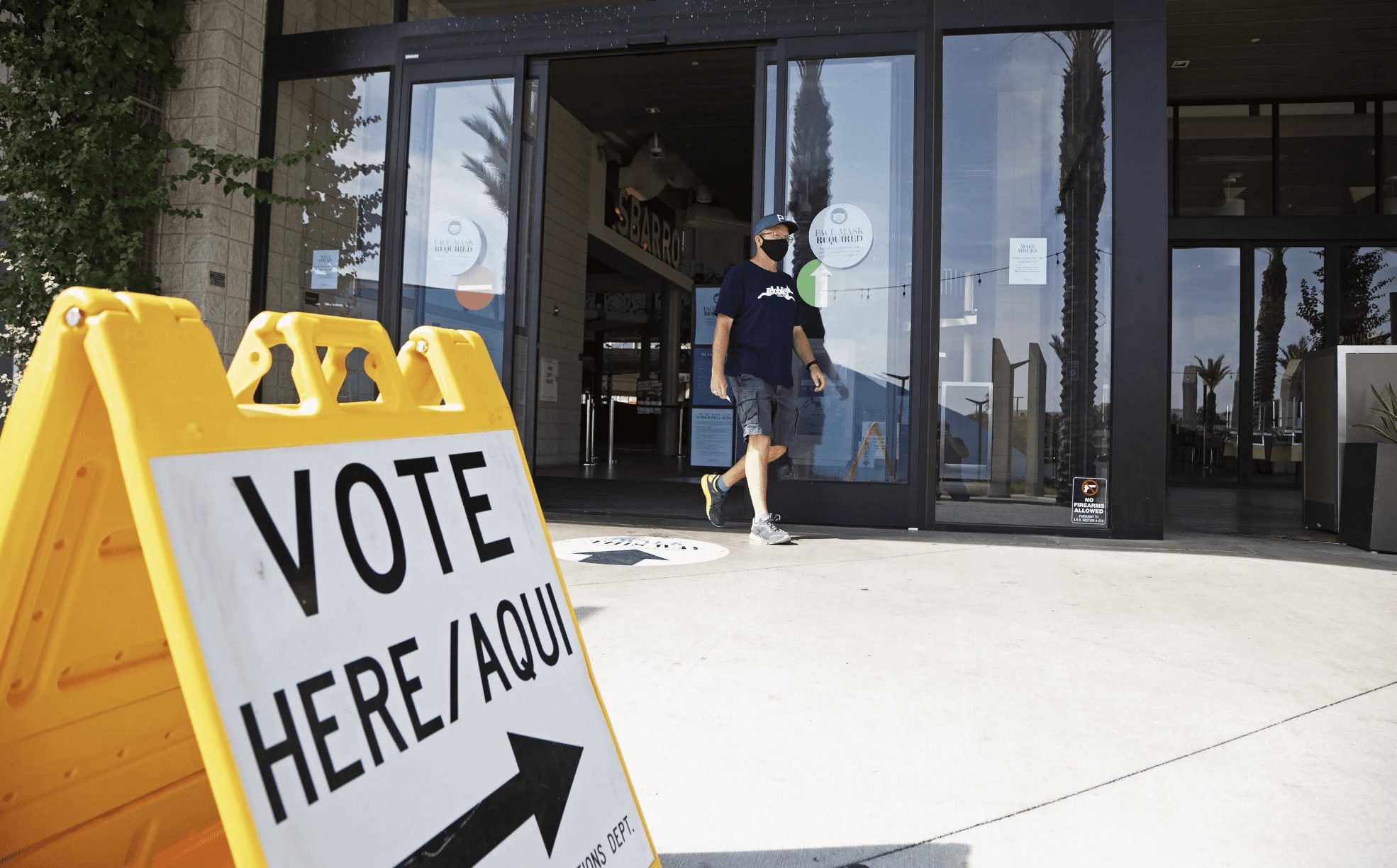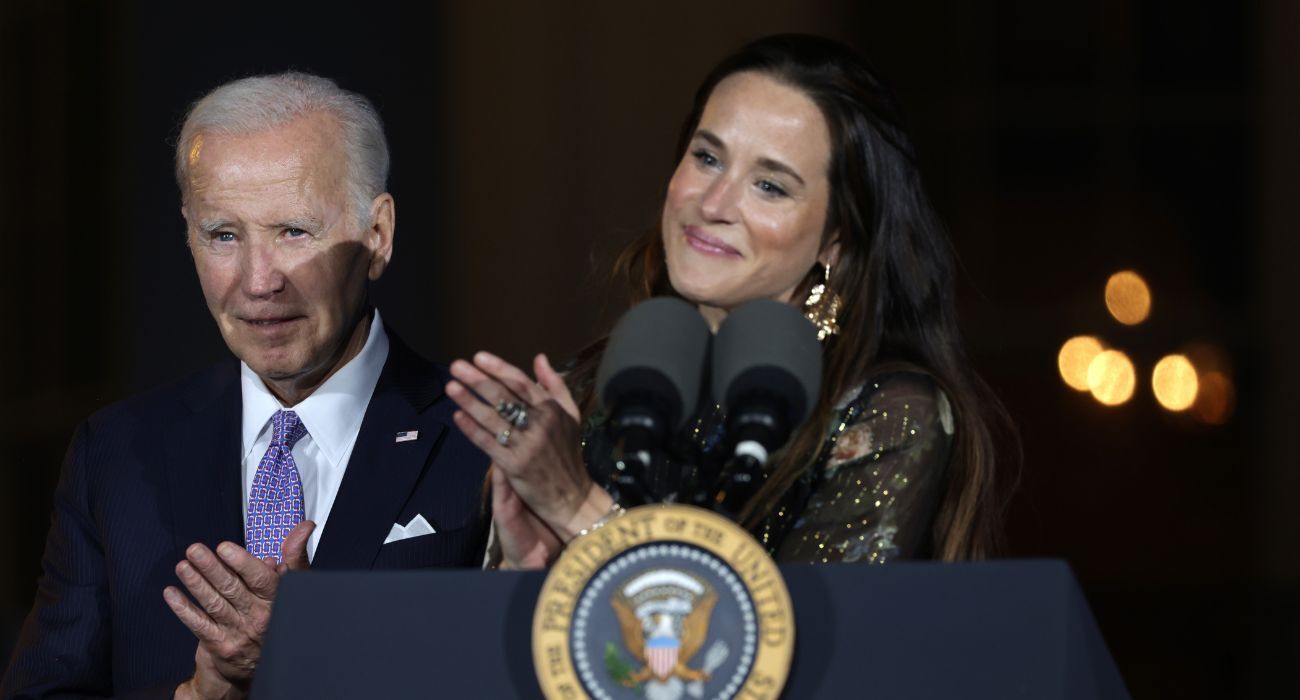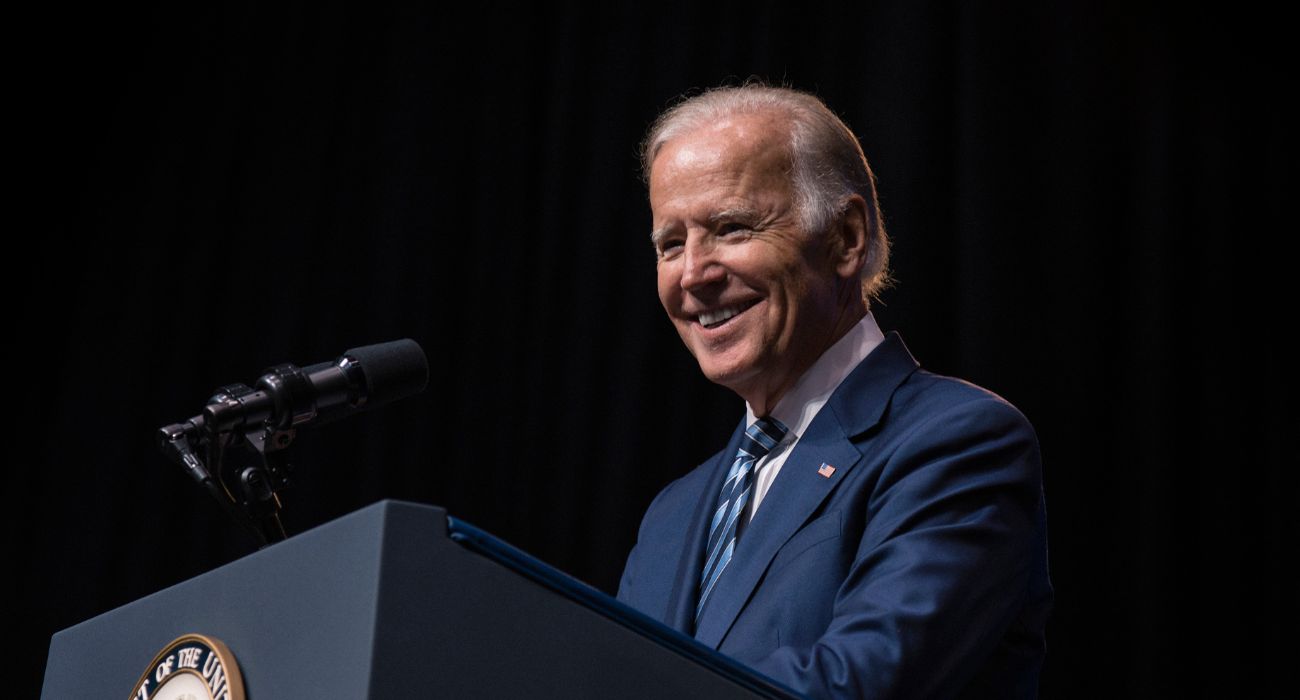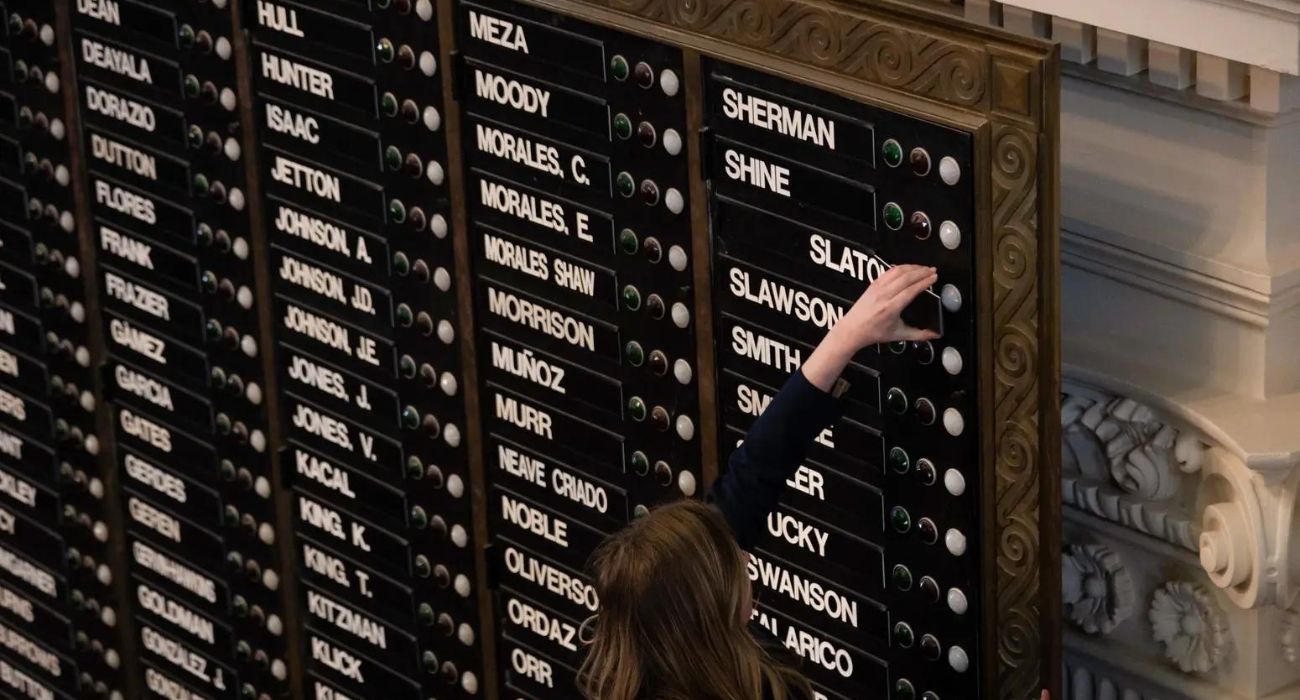The U.S. Justice Department (DOJ) is suing Arizona over a new law requiring voters to provide proof of American citizenship to cast ballots in federal elections.
It is the third lawsuit Attorney General Merrick B. Garland has filed to challenge a state’s voting laws.
In a court complaint filed July 5, the DOJ alleged that House Bill 2492 is a “textbook violation” of the National Voter Registration Act of 1993 and the 1964 Civil Rights Act.
Arizona’s Republican Gov. Doug Ducey signed the bill into law in March, but it is not slated to take effect until January 1, 2023.
The law will require voters to show proof of citizenship to cast a ballot in federal elections. This can include: a driver’s license or non-driver’s ID card that indicates that the person has provided satisfactory evidence of United States citizenship; a birth certificate; a passport; United States naturalization documents or the number of the certificate of naturalization; other documents or methods of proof pursuant to the Immigration Reform and Control Act of 1986; or a bureau of Indian Affairs card number, tribal treaty card number, or tribal enrollment number.
The bill will also mandate newly registered voters to provide proof of address.
Arizonans are already required to show proof of citizenship to vote in state elections under existing state laws. A successful 2004 ballot measure allowed Arizona officials to ask anyone registering to vote for proof of citizenship.
The DOJ claims that HB 2492 violates a 2013 Supreme Court ruling in a case related to another Arizona lawsuit that ruled prospective voters only need to provide the information that federal voter registration forms require.
Federal voting registration forms ask voters to attest that they are citizens but not to provide proof.
As a result, Arizona had two sets of requirements, with documented proof of citizenship required to vote in state elections but only the federal voter registration form needed for voting in national elections.
There are now approximately 31,500 “federal-only” voters in Arizona, according to Arizona’s secretary of state’s office — people who are eligible to vote in federal but not state elections because they have not provided documents that prove their citizenship as required by Arizona law.
The DOJ claims the law will throw thousands of voters off the rolls, disproportionately affecting people with “limited access to government-issued identification cards.”
“For nearly three decades, the National Voter Registration Act has helped to move states in the right direction by eliminating unnecessary requirements that have historically made it harder for eligible voters to access the registration rolls,” said Assistant Attorney General Kristen Clarke of the Justice Department’s Civil Rights Division. “Arizona has passed a law that turns the clock back on progress by imposing unlawful and unnecessary requirements that would block eligible voters from the registration rolls for certain federal elections.”
When Gov. Ducey signed the bill into law, he said it was to prohibit “any attempt to illegally cast a vote.”
He called it a “balanced approach that honors Arizona’s history of making voting accessible without sacrificing security in our elections.”
Arizona Attorney General Mark Brnovich said he plans to fight the lawsuit.
“In addition to free rooms and transportation for those illegally entering our country, the DOJ now wants to give them a chance to vote,” he said in a statement to Fox News. “It’s another round of Brnovich v. Biden. I will once again be in court defending Arizona against the lawlessness of the Biden administration.”
Brnovich, who is also running for the U.S. Senate, went further in a July 1 letter to the DOJ, saying it was “curious” that the department “would use its resources to challenge a common-sense law in Arizona designed to guard against non-citizen voting, while the Biden administration is simultaneously opening our borders to encourage a flood of illegal immigration.”
“Is the federal government attempting to undermine our sovereignty and destabilize our election infrastructure? I hope this is not your intention,” Brnovich asked.
Even a few thousand votes can be decisive in Arizona, one of the most hotly contested battleground states. In 2020, Joe Biden defeated Donald Trump in the state by just over 10,000 votes.
“There’s certainly going to be some people in Arizona that are not going to be able to vote under the proof-of-citizenship requirement,” said Jon Greenbaum, the chief counsel for Lawyers’ Committee for Civil Rights Under Law and a former Justice Department lawyer.






